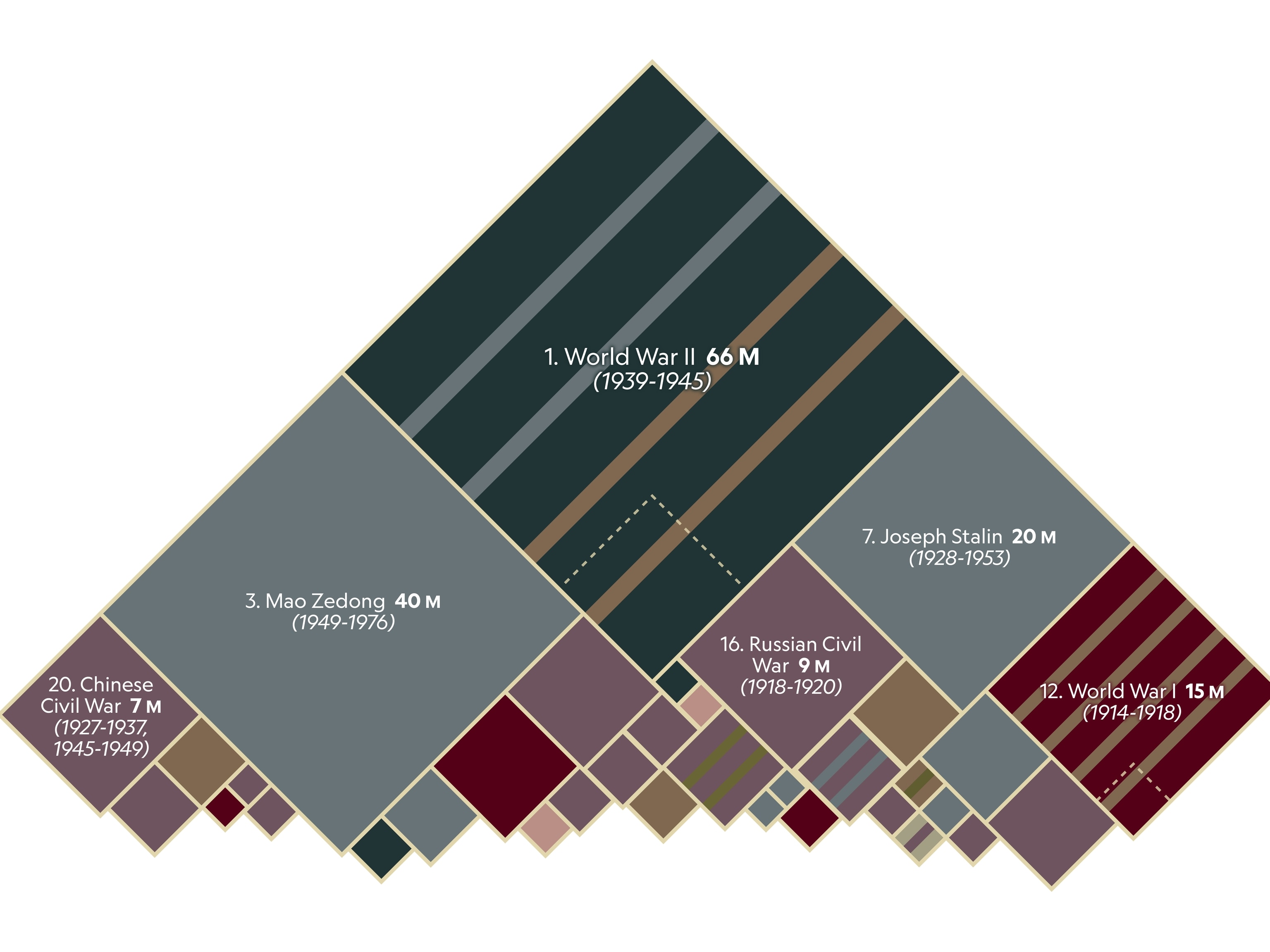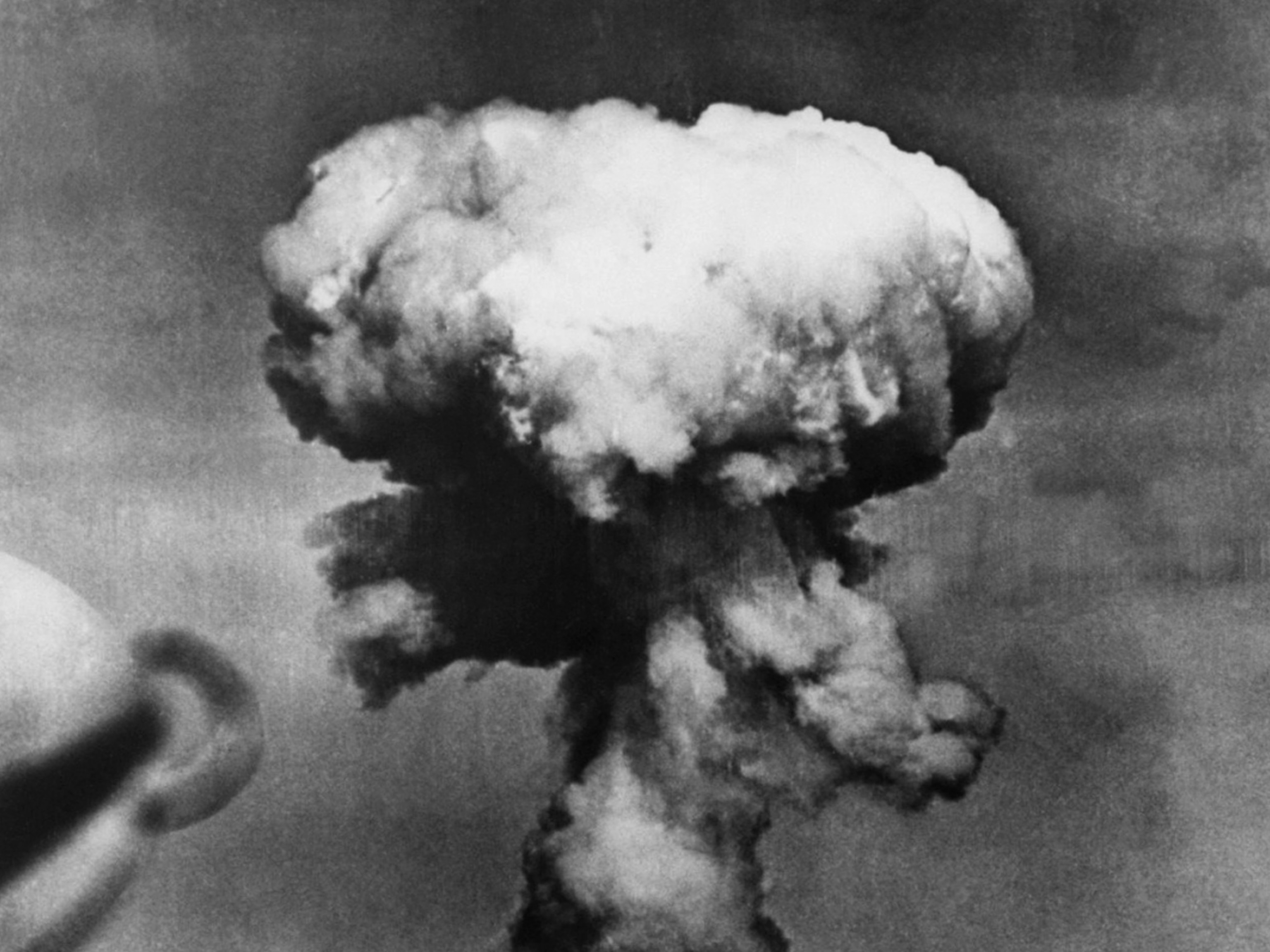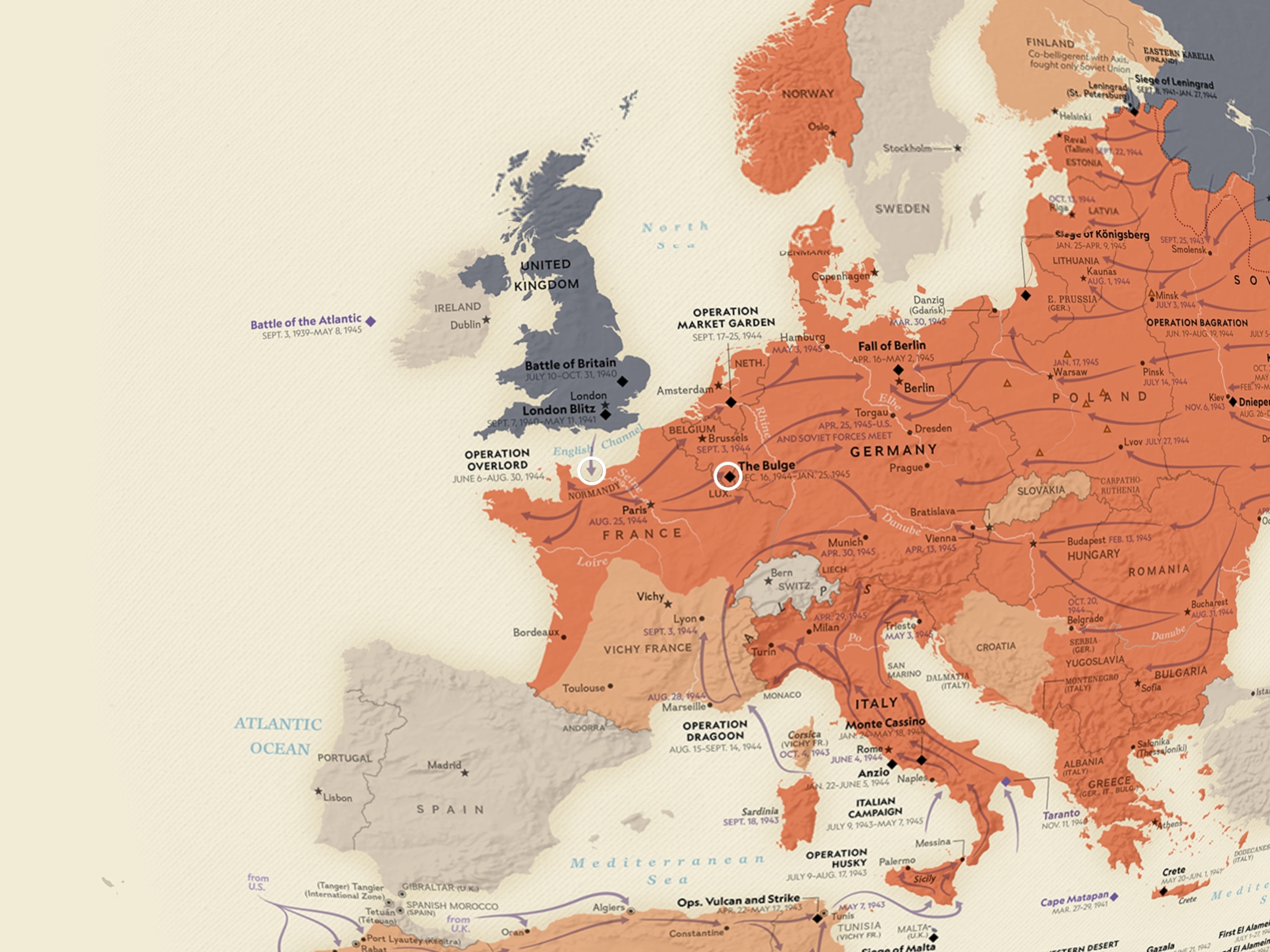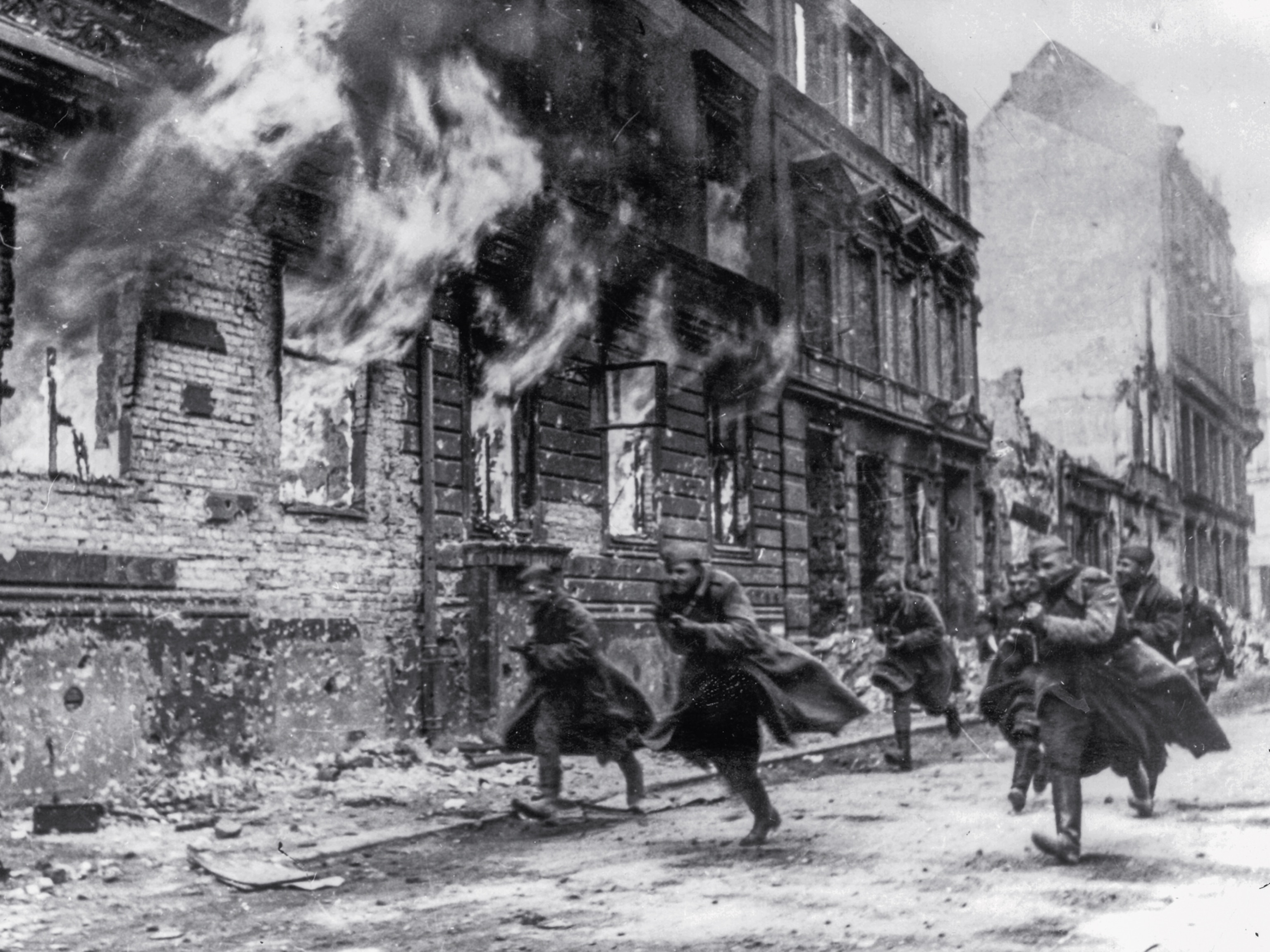‘I looked at my mom—it still hurts to this day. She had these big tears running down her face like streams, and I felt in my soul this was the last time I’d see her.’
Valentin Shorin, orphaned in Leningrad
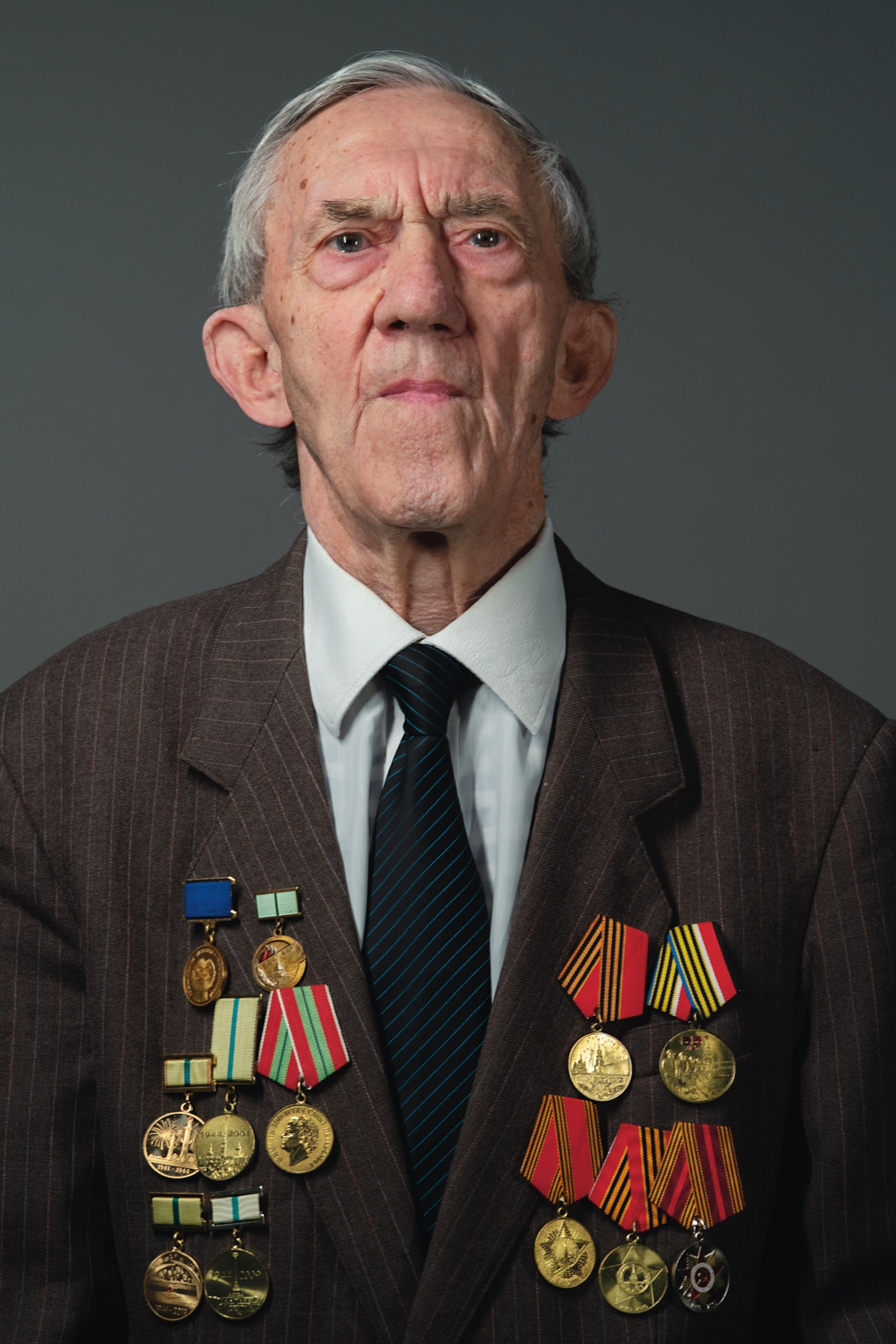
He was just five when the Nazis began their nearly 900-day campaign to starve and shell Leningrad into submission. At first Valentin Shorin’s mother kept working, and took him to kindergarten by trolley each day. Then the bombing started. Loudspeakers in the streets broadcast the air raid alert, followed by a whistling sound and the thunder of collapsing buildings. Mother and son were constantly hungry, “but I figured it out later—she was giving me her rations as well,” Shorin says. Finally his mother grew too weak to walk. He remembers his aunt pulling her in a rag-filled wooden sled with one hand, and pulling him with the other. They reached his kindergarten. “I looked at my mom—it still hurts to this day. She had these big tears running down her face like streams, and I felt in my soul this was the last time I’d see her.” He bit his aunt to break away, but his mother called out, “Valya, go, go. I’ll get better and come pick you up.” Instead, he says, “my kindergarten became my first orphanage.”
